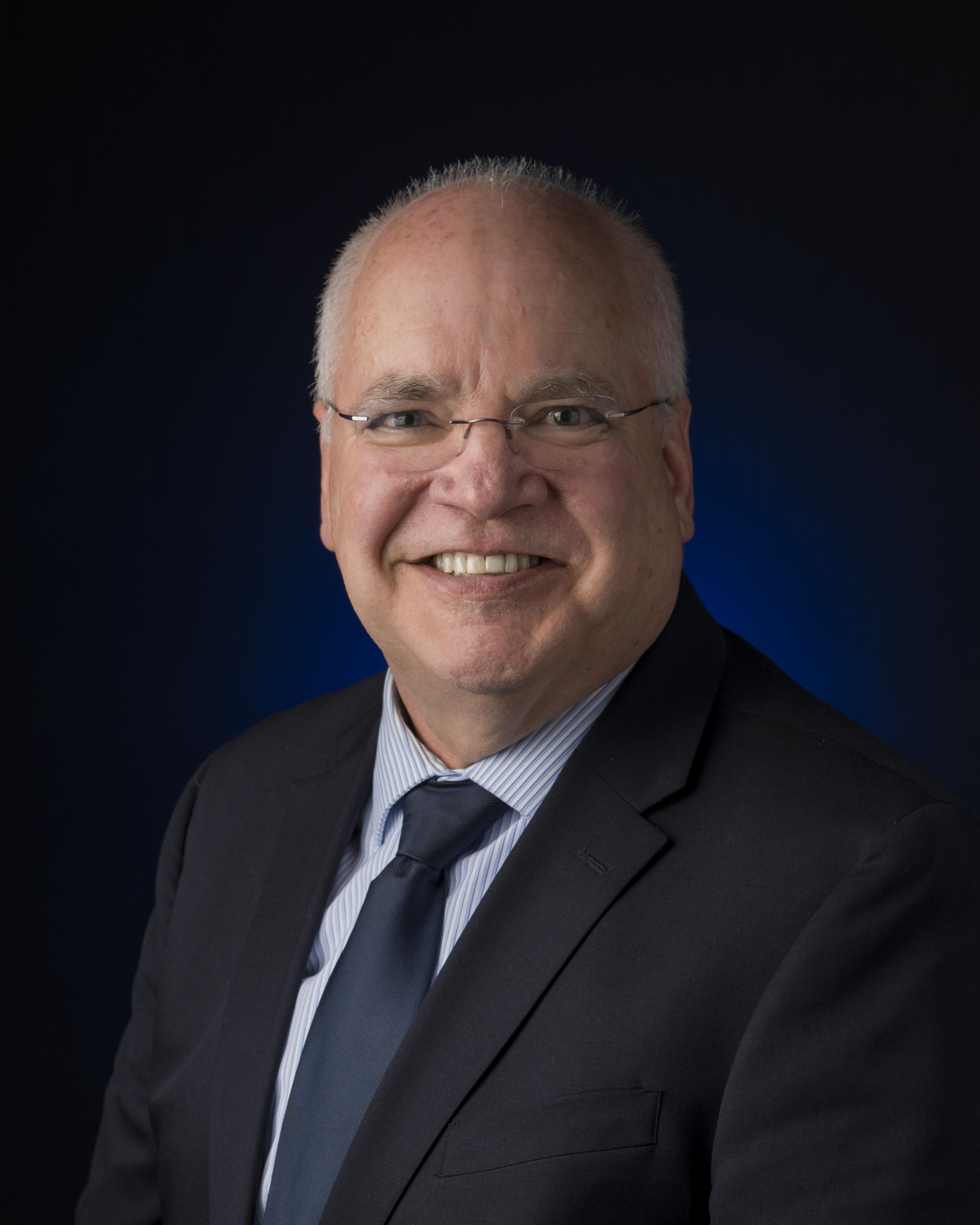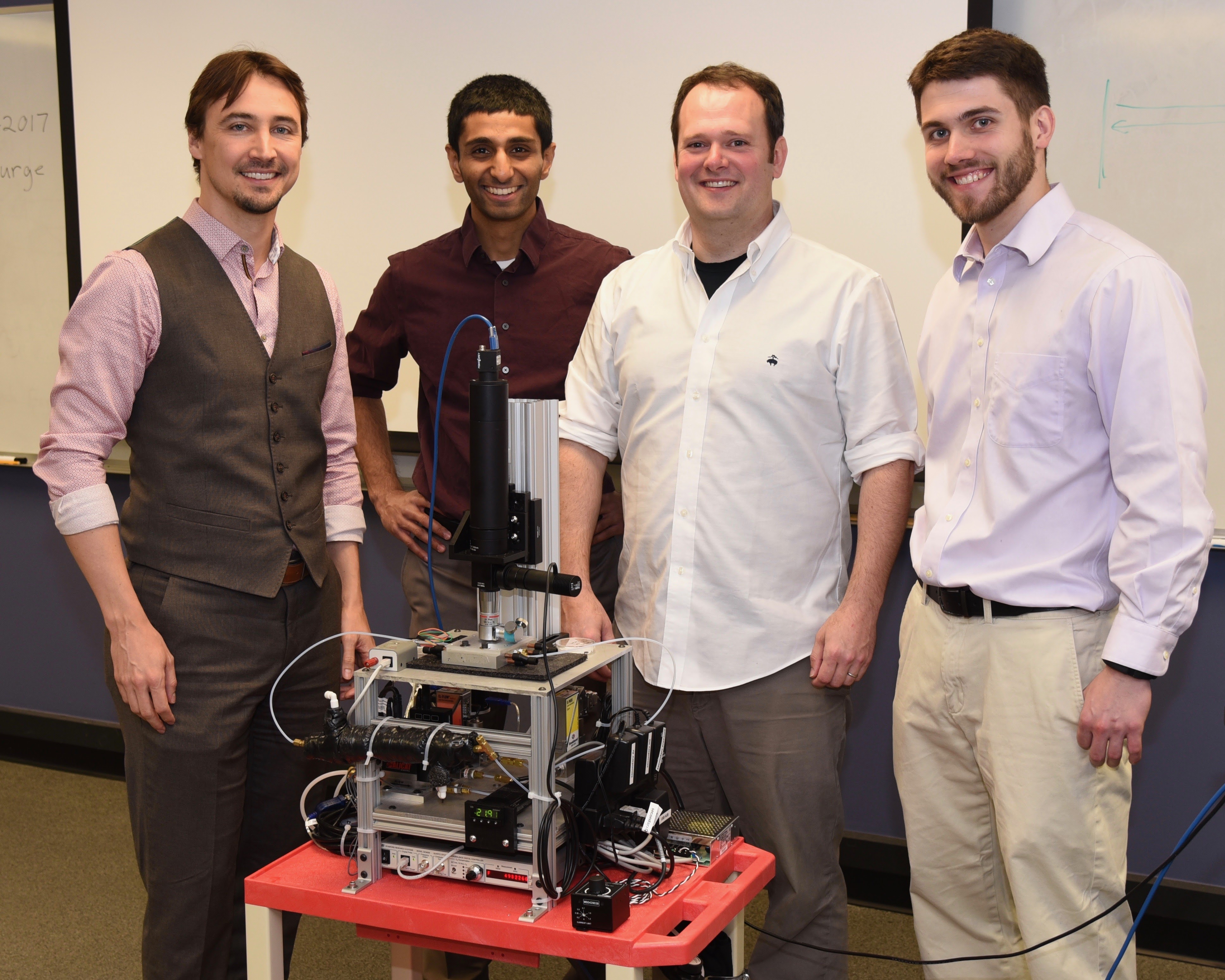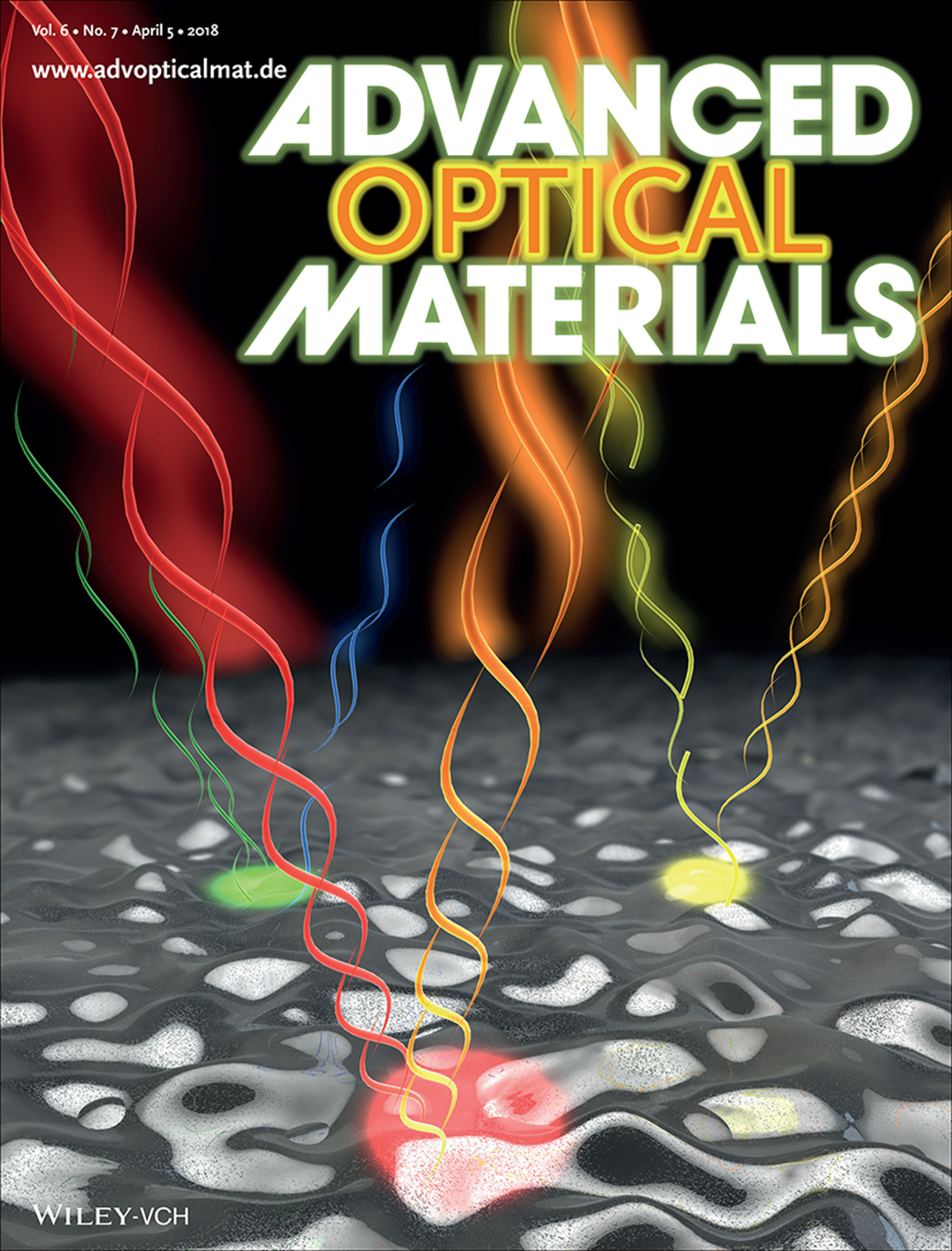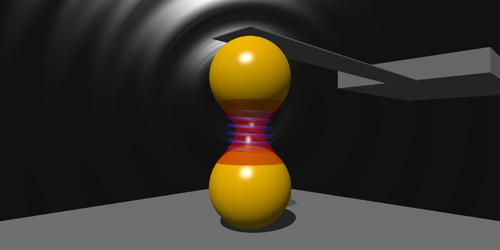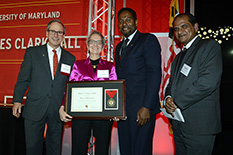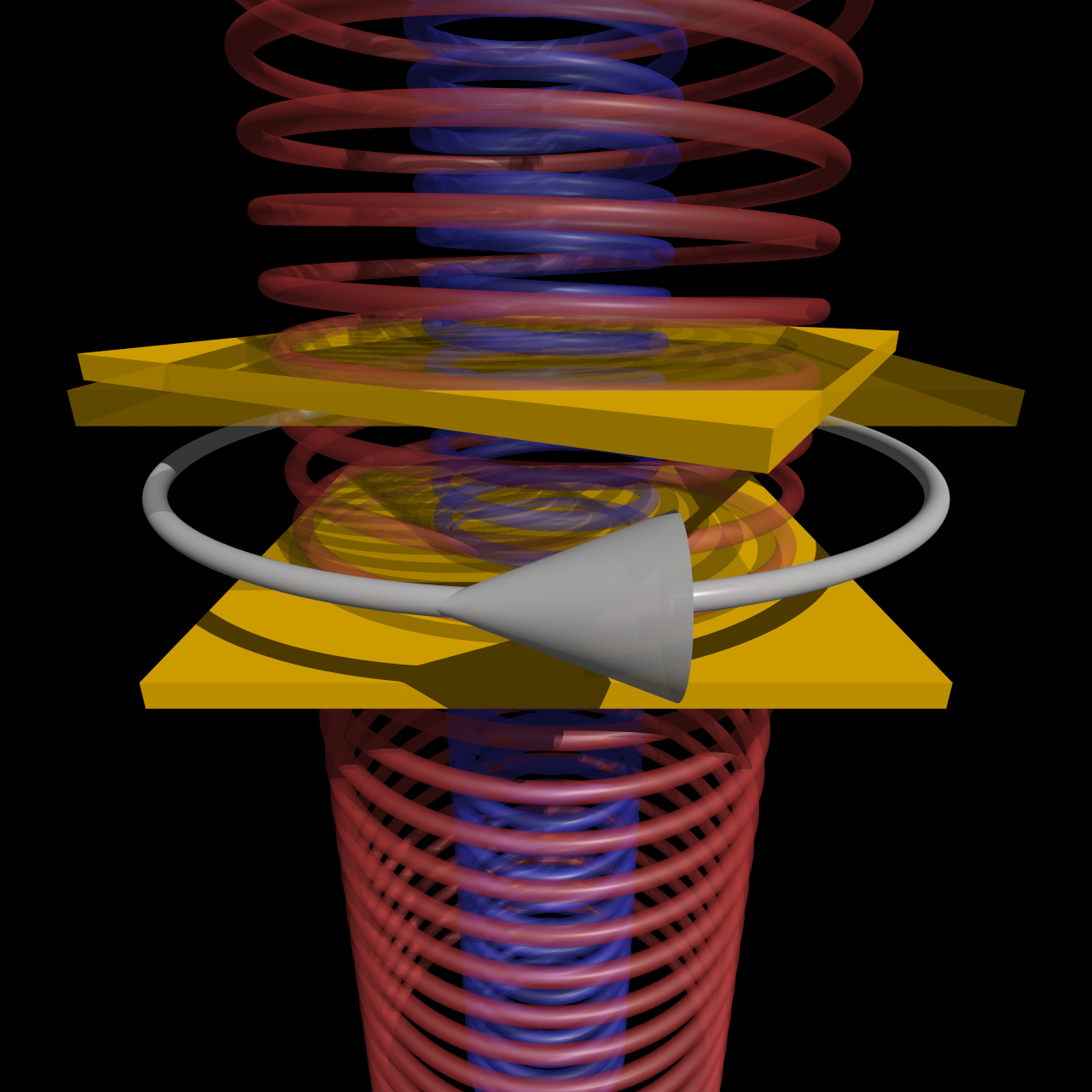News Story
Munday Wins Early Career Faculty Space Tech Research Grant from NASA

Professor Jeremy Munday
ECE Assistant Professor Jeremy Munday (ECE/IREAP) was awarded the inaugural Space Technology Research Opportunities for Early Career Faculty "Radiation Pressure on Tunable Optical Metamaterials for Propulsion and Steering Without Moving Parts." This project explores a new concept in solar sails, a form of propulsion for deep space exploration.
Dr. Munday's research project focuses on the active control of photon pressure and the ability to steer a craft without the need for mechanical motion. When a photon reflects from a surface, it imparts a pressure due to the transfer of momentum. This radiation pressure can be exploited to propel small crafts and is the working principle behind solar sails. This concept relies on the idea of a positive pressure propelling the sail in the same direction as the incident photon flux and requires movable mechanical structures to change the direction of the craft, adding bulk and weight. In contrast to a traditional solar sail, he proposes the use of a thin film optical metamaterial, composed of sub-wavelength resonant structures, which is capable of changing, in real-time, the optical properties of the device locally. This allows for active control of the resulting photon pressure and hence the ability to steer without the need for mechanical motion.
"It's an honor to announce this outstanding group of early career faculty researchers, representing some of the most talented new faculty from the best institutions of higher learning in America."
Michael Gazarik, director of NASA's Space Technology Program at NASA Headquarters
NASA will provide each of the ten recipients with grants as much as $200, 000 per year for up to three years in support of their research in specific, high-priority technology areas. Recipients will conduct research in areas closely aligned with NASA’s Space Technology Roadmaps and priorities identified by the National Research Council. These priorities include extending and sustaining human activities beyond low Earth orbit, exploring the evolution of the solar system and potential for life elsewhere, and expanding our understanding of Earth and the universe.
"It's an honor to announce this outstanding group of early career faculty researchers, representing some of the most talented new faculty from the best institutions of higher learning in America," said Michael Gazarik, director of NASA's Space Technology Program at NASA Headquarters in Washington. "NASA will benefit from the work these faculty researchers conduct in unique, disruptive or transformational space technologies or concepts, while strengthening America's continued global leadership in the new technology economy."
NASA's Early Career Faculty efforts are an element of the agency's Space Technology Research Grants Program. It is designed to accelerate the development of technologies originating from academia that support the future science and exploration needs of NASA, other government agencies and the commercial space sector.
For more information about NASA's Space Technology Grants Program, read the press release on the NASA web site.
Published August 16, 2012


